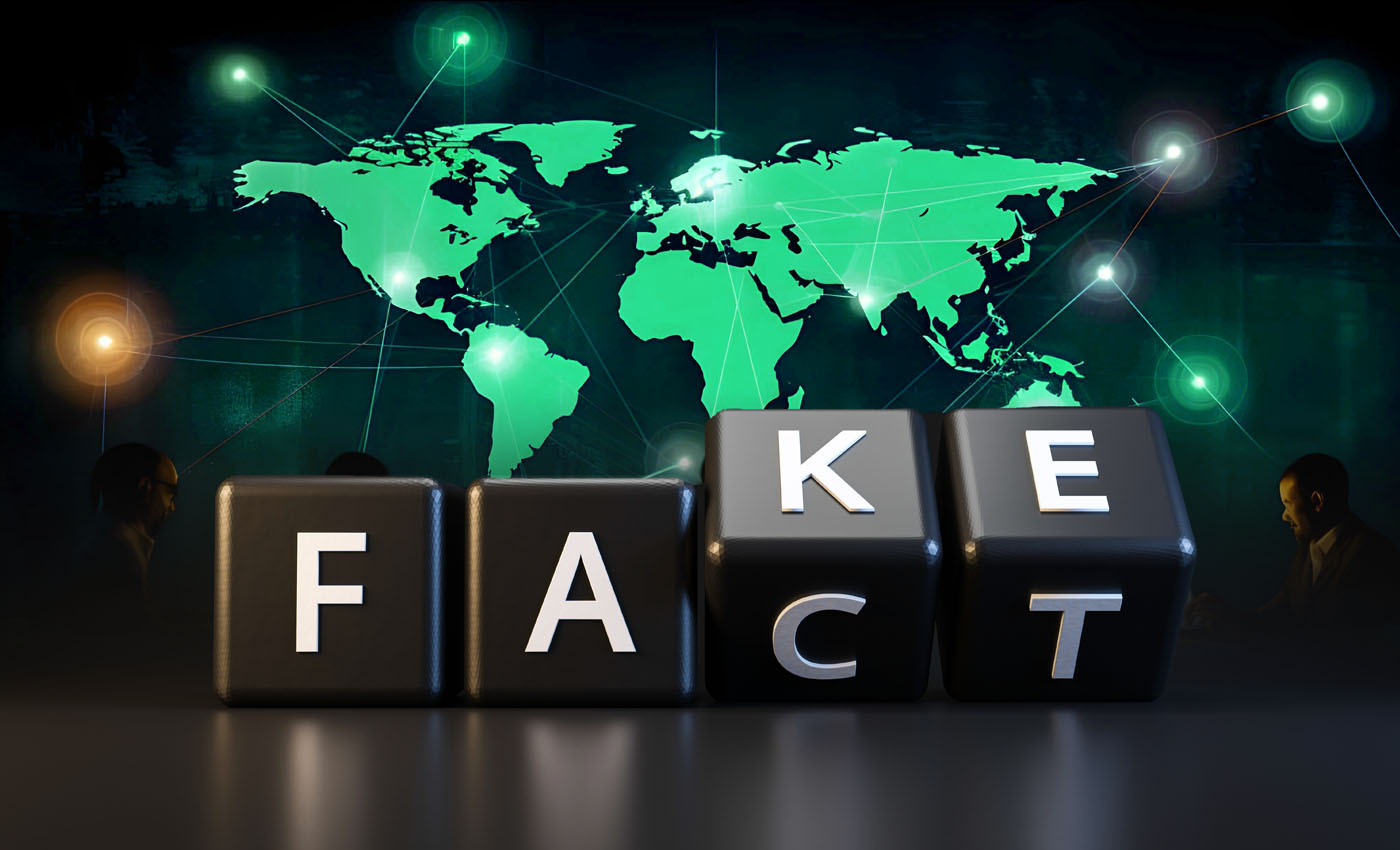By: christian haag
June 28 2023
Distrust in media, more demand for media literacy: Findings from Logically Facts’ new research

New research from Logically Facts conducted between 31 March 2023 and 3 April 2023 surveyed over 6000 consumers online in the U.K., the U.S., and India to gain insight into public attitudes and perceptions of fact-checking, media, social platforms, and technology. The research revealed interesting findings and was presented by Logically’s Lorena Martinez and Katherine Watson at Global Fact 10 in Seoul with additional insights. Here are some takeaway points.
Trust and skepticism
According to the study, 22 percent of the public has lost trust in all media, but in comparison to the mainstream media, social media platforms are trusted more by a slight margin. In general, YouTube and Facebook are highly trusted by men over mainstream media. In India, YouTube and WhatsApp were found to be more trusted sources of information. Furthermore, 84 percent of respondents had confidence in their ability to sort fact from fiction.
Public awareness of mis and disinformation
Among the respondents, 74 percent were familiar with fact-checking. Regional variation in familiarity with fact-checking ranged from 57 percent in the U.K., 74 percent in the U.S., and 89 percent in India. However, the survey revealed that awareness decreased with age. A large amount, 72 percent, agreed that “society and politics are undermined by inaccurate and false information circulating in the media and across social channels.” This also differed between regions, with nearly 57 percent in the U.K., 76 percent in the U.S., and close to 82 percent in India.
The biggest concern among respondents was that mis and disinformation would lead to harm outside of the internet, such as impacting health choices, human rights, or inciting violence, with 46 percent of responders agreeing.
Among the respondents, 40.6 percent were concerned that it could encourage social unrest and protests. 27.9 percent of respondents answered that elections and political events needed more fact-checking, with 18.8 percent believing that healthcare and health choices should be a focus.
By region, the U.S. was more concerned about elections, with 37.8 percent, compared to 23.6 percent in the U.K. In India, healthcare was a slightly more significant concern than elections at 23.54 percent. Of the respondents, 61 percent wanted fact checkers to reveal the origin of the false information.
More to be achieved
Seventy-four percent of responders believe content needs to be flagged for misleading and out-of-context material on all media. 61 percent thought media companies and platforms could do more to verify information, and 66 percent wanted to learn more about how to spot false claims, thus showing the need for more education in fact-checking, digital literacy, and source criticism.
During the presentation at Global Fact 10, Logically Facts also revealed that 42 percent of people want greater clarity on how fact-checkers operate and assess what is factual and what is not.
Comfort with technology
The study reveals a positive attitude toward technology aiding fact-checking—71 percent trust technology to be part of the solution, particularly with human expertise. However, trust faded regarding AI-driven tools, such as chat GPT, and its ability to provide accurate and unbiased information. Over a third, nearly 36 percent, trusted AI tools to provide accurate and impartial information, close to 25 percent did not, and 39.7 percent had not used enough AI tools to make a judgment.
Conclusion
The report provides much-needed research on public perception of fact-checking efforts. Due to the lack of trust and the expectation of the media to verify and contextualize false information, fact-checking is needed more than ever. Technology combined with human expertise is seen as a part of the solution. A dire need to provide more transparency on how fact-checking is conducted may help to avoid accusations of bias or censorship.
In conclusion, the survey findings highlight the industry's challenges that call for transparency and impartiality to ensure unbiased, professional, and ethical fact-checking.


